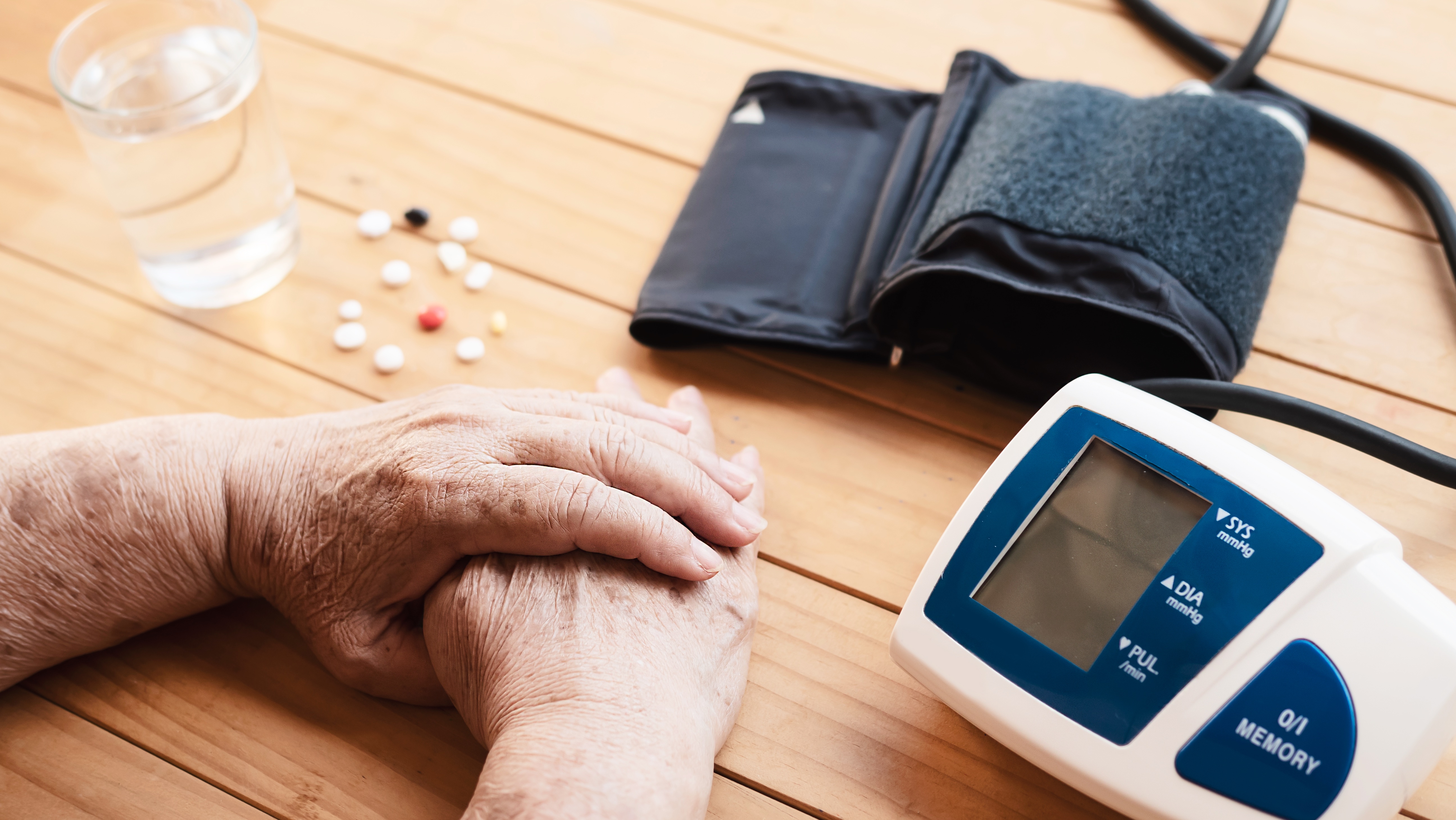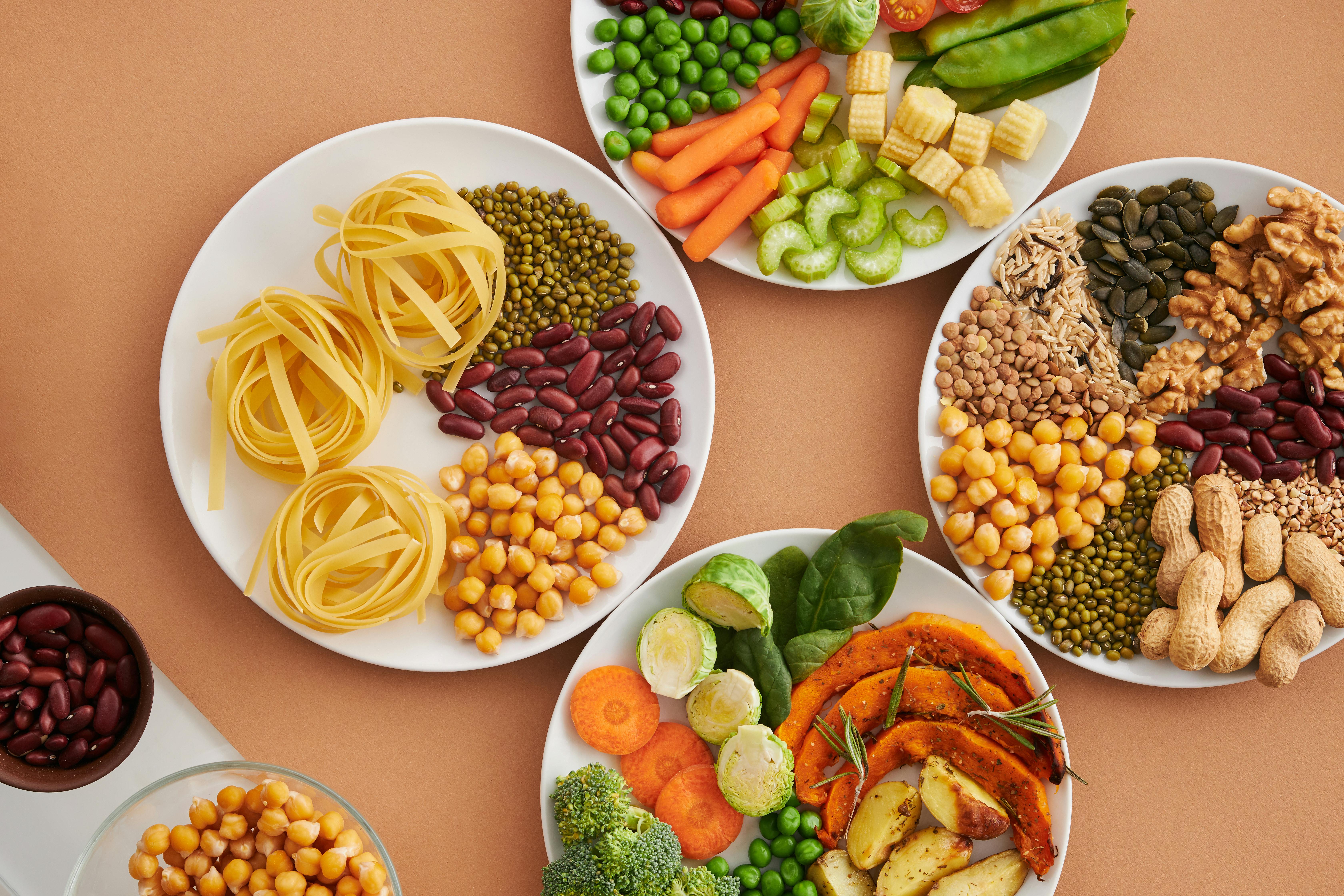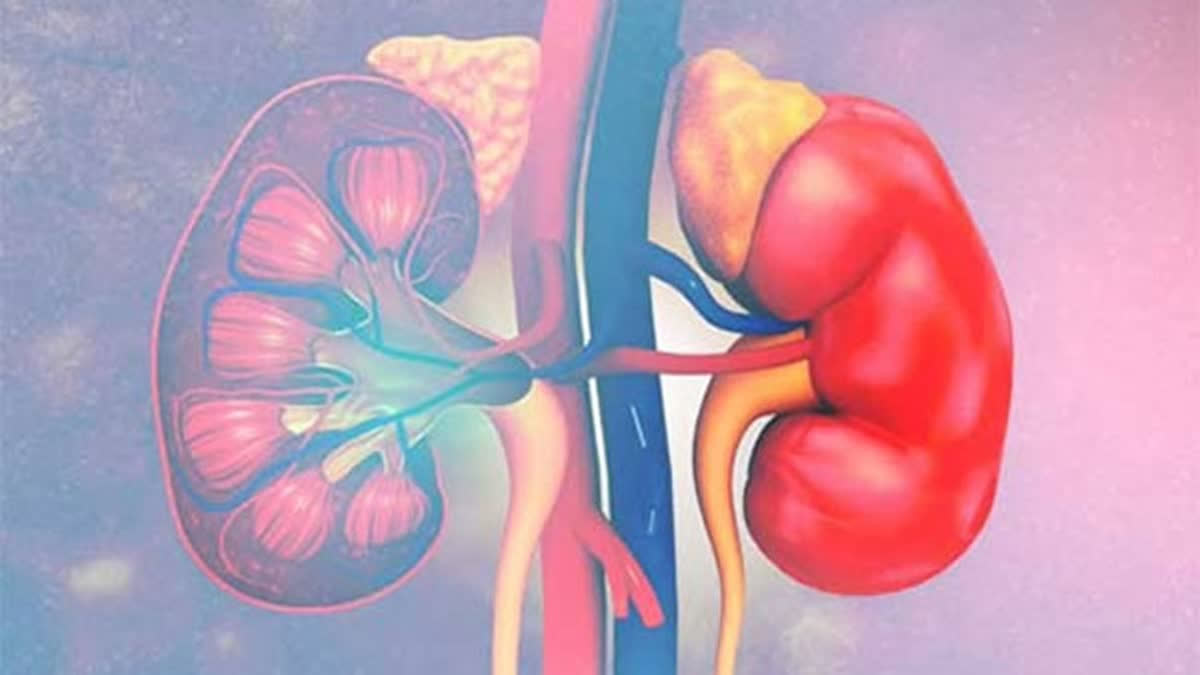There can't be enough emphasis on the importance of maintaining kidney health for overall well-being. Kidneys play a crucial role in filtering waste, balancing fluids, and regulating blood pressure. However, many people overlook kidney health until problems arise. By understanding preventive measures and recognizing early signs of trouble, you can take steps to protect your kidneys and avoid potential complications. Dr. Adittya K. Sharma, Senior Director & Head,Urology, Andrology, Kidney Transplant & Robotic Uro-Oncology, Max Super Specialty Hospital in Lucknow talks about some of the early signs of Kidney issues and how one can prevent any damage.
Early Signs of Kidney Trouble
While kidney disease often progresses without symptoms in its early stages, there are some warning signs that can indicate potential problems. Being aware of these symptoms and seeking medical attention promptly can prevent further kidney damage.
Changes in Urination:
One of the earliest signs of kidney trouble is a change in urination patterns. This may include increased frequency, particularly at night, or a decrease in the amount of urine produced. Urine may also appear foamy, dark, or bloody, which could indicate protein leakage or the presence of blood, both of which are signs of kidney damage.
Swelling:
When the kidneys are not functioning properly, they may struggle to remove excess fluid from the body. This can lead to swelling, particularly in the hands, feet, ankles, and face. Persistent swelling or puffiness should not be ignored.

Fatigue and Weakness:
Healthy kidneys produce a hormone called erythropoietin, which helps the body create red blood cells. When kidney function declines, production of this hormone decreases, leading to anemia. This can cause persistent fatigue, weakness, and shortness of breath, even with minimal physical exertion.
High Blood Pressure:
Kidneys play a vital role in regulating blood pressure by controlling fluid balance and producing hormones. High blood pressure that is difficult to control, especially when combined with other symptoms, could be a sign of kidney disease.

Nausea and Vomiting:
As kidney function worsens, waste products can build up in the blood, leading to a condition called uremia. This can cause nausea, vomiting, loss of appetite, and an unpleasant metallic taste in the mouth.
Basic Preventive Measures for Kidney Health
Stay Hydrated:
One of the simplest ways to maintain healthy kidneys is to drink plenty of water. Proper hydration helps your kidneys filter waste and eliminate toxins through urine. Aim for at least 8 glasses of water a day unless advised otherwise by a healthcare provider. Dehydration can lead to kidney stones and urinary tract infections (UTIs), both of which can harm your kidneys.
Maintain a Healthy Diet:
What you eat plays a significant role in kidney health. A balanced diet rich in fruits, vegetables, whole grains, and lean proteins supports kidney function. Reducing salt intake is particularly important, as excess sodium can elevate blood pressure, putting strain on your kidneys. Processed foods, sugary beverages, and excessive protein consumption can also lead to kidney damage over time. Focus on a diet that supports heart health, as cardiovascular health is closely linked to kidney function.

Exercise Regularly:
Regular physical activity helps maintain a healthy weight, lowers blood pressure, and improves cardiovascular health, all of which benefit your kidneys. Aim for at least 150 minutes of moderate-intensity exercise each week, such as brisk walking, swimming, or cycling. Exercise also helps manage conditions like diabetes, which is a leading cause of kidney disease.
Control Blood Sugar and Blood Pressure:
Diabetes and high blood pressure are two of the most common causes of chronic kidney disease (CKD). Managing these conditions effectively is crucial in preventing kidney damage. If you have diabetes, monitor your blood sugar levels closely, and follow your doctor’s recommendations for medication, diet, and lifestyle changes. If you have high blood pressure, take steps to keep it in check through diet, exercise, and medication if necessary.

Avoid Overuse of Painkillers:
Over-the-counter pain relievers, especially nonsteroidal anti-inflammatory drugs (NSAIDs) like ibuprofen, can damage the kidneys if taken in excess over a prolonged period. If you require long-term pain management, consult your healthcare provider for safer alternatives.
By staying vigilant about kidney health and making informed lifestyle choices, you can help ensure that your kidneys continue to function optimally for years to come.
Read More:



